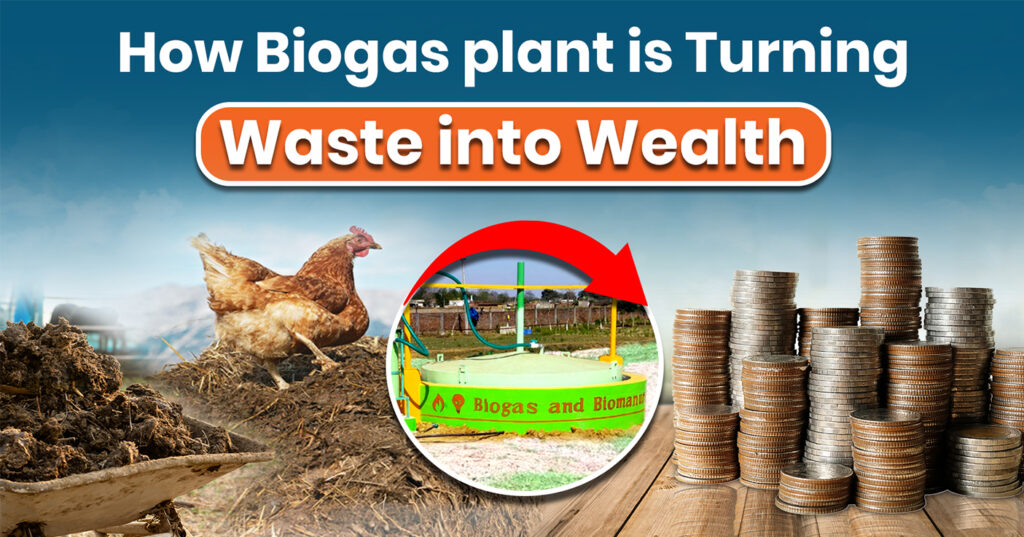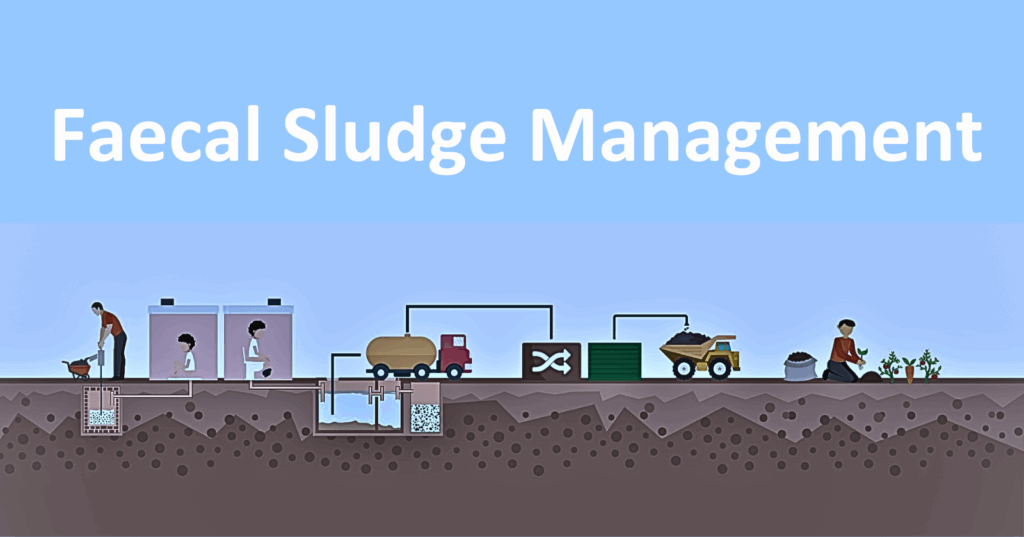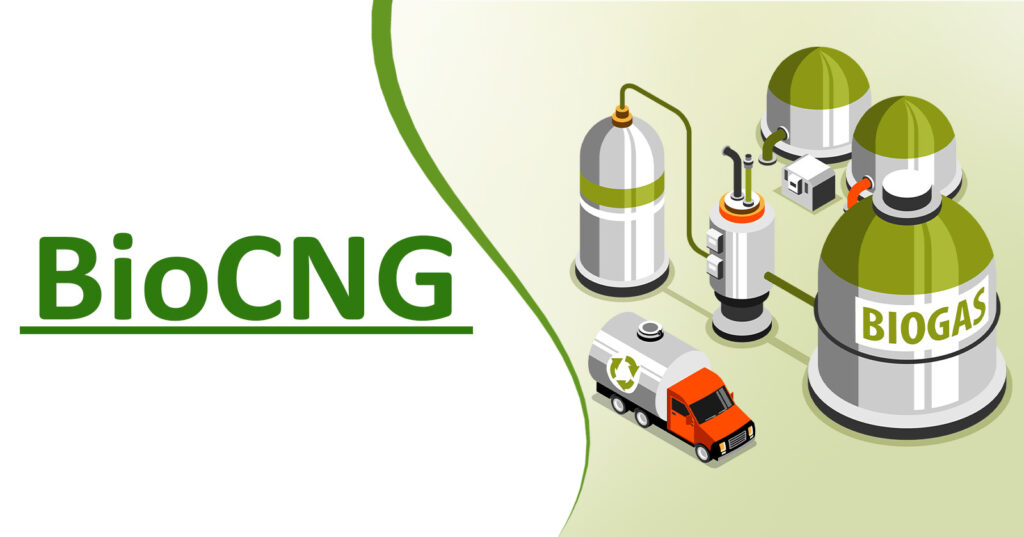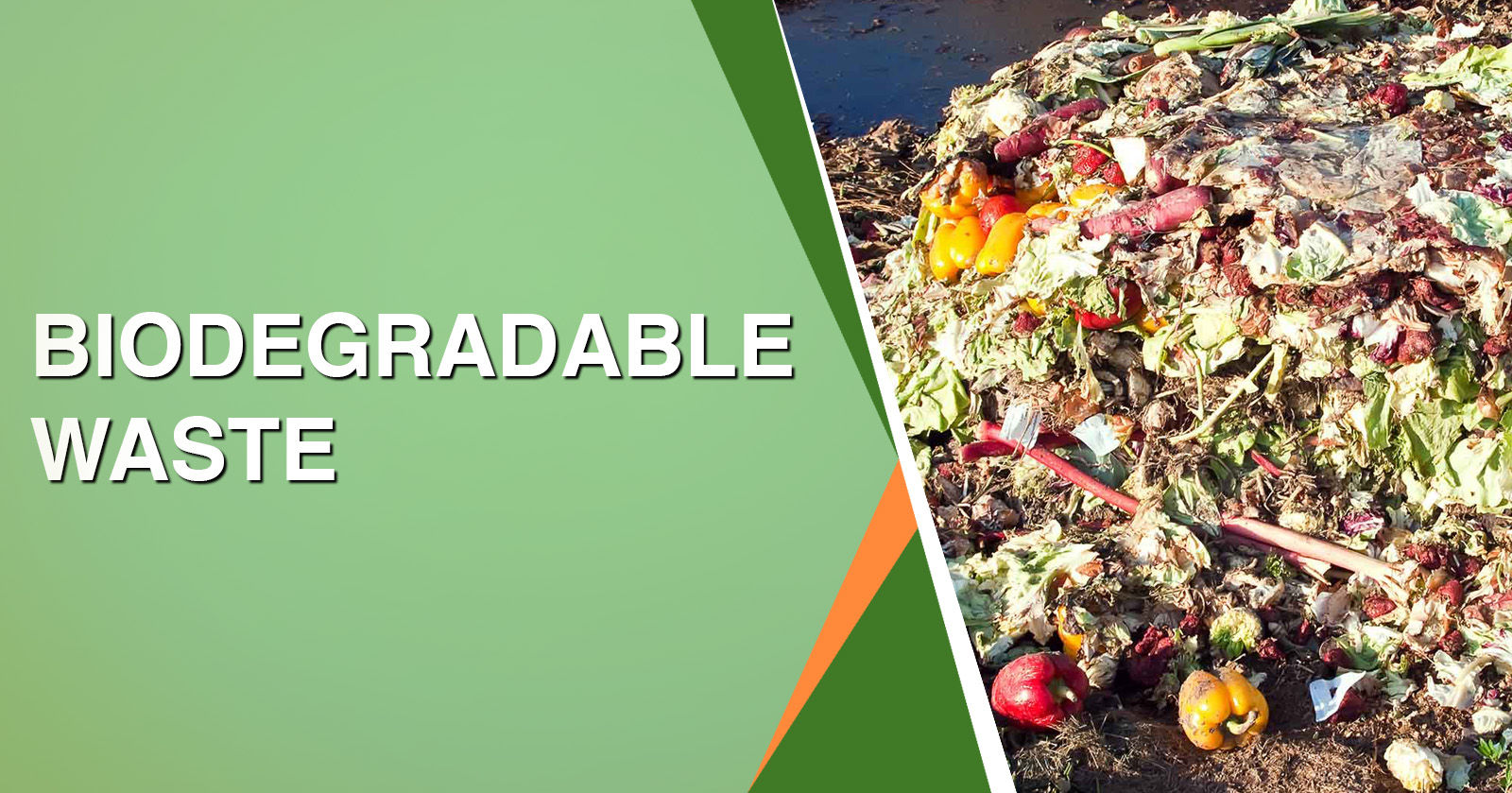Biodegradable Waste: What You Need to Know
When you hear the term ‘Biodegradable Waste,’ what’s the first thing that comes to your mind?
Probably piles of overflowing garbage, right?
Today, overflowing landfills, polluted water bodies, and the urgent need for environmental sustainability make waste management a critical challenge.
In urban India alone, about 42 million tons of municipal solid waste is generated every year, that’s roughly 1.15 lakh metric tons per day. Of this, nearly 50-60% is biodegradable waste.
Although we have the infrastructure to convert much of this waste into compost or biogas through organic waste recycling, unfortunately, 80–90% still ends up dumped directly into landfills without proper treatment.
Waste comes in many forms; some can be recycled, while others decompose naturally. Organic waste recycling and proper biodegradable waste management are among the easiest ways to handle waste sustainably. Yet, if not managed properly, it can release millions of tons of greenhouse gases into the environment.
That’s why it’s important to understand what biodegradable waste really is and why managing it effectively is essential for our health and the planet.
What is Biodegradable Waste?
The term “biodegradable” simply means substances that can be broken down or decomposed biologically or naturally by living organisms into simpler and harmless compounds over time.
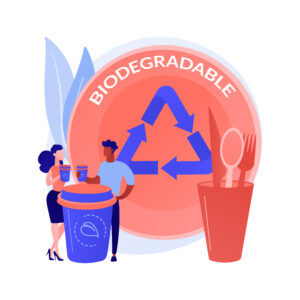
Unlike non-biodegradable materials like plastics, which can stay in the environment for hundreds of years, biodegradable waste can decompose relatively quickly.
Environmental sustainability plays an important role in reducing waste and conserving natural resources for future generations.
Different Types of Biodegradable Waste
Biodegradable waste consists of a wide range of organic materials, including:
- Food waste: Leftover food scraps, fruits and vegetables, coffee grounds, etc.
- Yard waste: Grass clippings, leaves, branches, and other garden debris.
- Paper and cardboard: Used paper products, cardboard packaging, newspapers, etc.
- Biodegradable plastics: Certain types of plastics made from natural materials like cornstarch or sugarcane can degrade over time.
Biodegradable Waste Management: A Necessity
While the biodegradable waste can decompose over time and can be converted into manure and compost if not managed correctly can emit tons of emissions into the environment. If not treated properly, the biodegradable waste also disrupts the quality of life surrounding the landfills it is dumped into.
While we have the feasible infrastructure to turn this waste into gold and avoid emitting GHGs into the environment, landfills like the Ghazipur landfill in Delhi, the Deonar landfill in Mumbai, and Bengaluru’s Mittaganahalli landfill highlight the concern for managing this waste properly.
The process of biodegradable waste management involves proper collection, segregation, treatment, and disposal of organic materials that can decompose naturally, an essential part of organic waste recycling. Adopting environmental sustainability practices ensures a cleaner and healthier planet.
Benefits of Biodegradable Waste Management
The benefits of biodegradable waste management are numerous:
Reduced Environmental Pollution: Proper management of biodegradable waste management minimizes the release of harmful pollutants into the environment, such as methane.
- Resource Conservation: Recycling organic waste through composting or anaerobic digestion helps conserve valuable nutrients and organic matter, which can be returned to the soil as natural fertilizers.
- Energy Generation: Anaerobic digestion of biodegradable waste can produce renewable energy in the form of biogas, which can be used for electricity generation or as a clean fuel for cooking and heating.
- Economic Opportunities: The recycling and treatment of biodegradable waste create jobs in the waste management sector and stimulate economic growth by producing compost, biogas, and other valuable by-products.
How to Reduce Biodegradable Waste:
Although ways like anaerobic digestion can be fruitful in managing the Biodegradable waste at a large scale, every individual needs to understand their responsibility towards the environment and consider reducing or treating the waste at their homes and offices to ease the burden on the environment. The following are some ways to manage waste at an individual level.
Reducing the consumption: Limit the purchase of disposable products or products with bulky packaging.
Re-use products: Use reusable bottles, grocery bags, or other products for the same function
Recycling: Reintroduces waste materials into the production cycle as raw materials
Composting: A simple and cheap process that turns organic waste into nutrient-rich soil
Biogas Production: Turning Waste into Energy
One of the key processes in biodegradable waste management is biogas production through anaerobic digestion or bio-methanization. Anaerobic digestion is a natural biological process in which microorganisms break down organic matter in the absence of oxygen, producing biogas as a by-product. Environmental sustainability encourages the responsible use of resources through recycling and renewable energy adoption.
The Biogas received is primarily composed of methane and carbon dioxide, with small amounts of other gases such as hydrogen sulfide and ammonia.
The process of biogas production involves the following steps:
- Feedstock Preparation: Biodegradable waste materials such as food scraps, agricultural residues, and animal manure are collected and prepared for digestion.
- Anaerobic Digestion: The prepared feedstock is placed in an airtight digester tank, where anaerobic bacteria break down the organic matter into biogas and digestate.
- Biogas Collection: The biogas produced during digestion is collected and stored in a gas holder or storage tank.
- Utilization: The biogas obtained from the process of bio-methanization can be used as a renewable energy source for various applications, which include electricity generation, heating, and cooking. Also, the digestate remaining after digestion can be used as a nutrient-rich fertilizer.
Challenges in Managing Biodegradable Waste
Despite its environmental benefits, managing biodegradable waste poses several challenges:
- Contamination: Improper segregation and contamination of biodegradable waste with non-biodegradable materials can hinder the composting process and reduce the quality of recycled products.
- Infrastructure: Inadequate infrastructure and facilities for waste collection and handling limit the scalability and efficiency of biodegradable waste management systems.
- Awareness and Education: Lack of public awareness and education about the importance of separating organic waste and participating in recycling programs can hinder the participation of citizens in the walk towards sustainability.
How Long Do Biodegradable Materials Take to Break Down?
It depends on the material and conditions. Some items, like food waste, can break down in weeks, while others, like paper or plant waste, may take a few months.
All materials break down over time, but how long it takes depends on what they are made of. For example, food and plant waste can break down in a few days or weeks. But plastic can take hundreds or even thousands of years to decompose.
The speed of decomposition also depends on things like moisture, temperature, and the surroundings.
Wrapping Up
Biodegradable waste management has immense potential for addressing environmental challenges and promoting sustainability. By adopting efficient waste management practices, such as composting, aerobic digestion, and recycling, we can minimize waste generation, conserve resources, and reduce our environmental footprint.
However, effective management of biodegradable waste requires collaborative efforts from government agencies, businesses, communities, and citizens. By working together, we can harness the power of biodegradable waste as a sustainable solution for a cleaner, greener future.
Frequently Asked Questions (FAQs)
Question: What is bio and non-biodegradable waste?
Answer: Biodegradable waste includes materials that can naturally break down or decompose over time, often with the help of microorganisms.
While non-biodegradable waste consists of substances that do not easily decompose and can remain in the environment for years. For examples of biodegradable waste include plant matter, food waste, animal waste, paper, fruits, and vegetables.
Question: How to control biodegradable waste?
Answer: Biodegradable waste can be managed easily using composting, anaerobic digestion, or waste-to-energy methods. Composting turns organic waste into nutrient-rich soil.
Anaerobic digestion breaks down waste without oxygen to produce biogas and fertilizer. Waste-to-energy plants burn waste to create steam, which is used to generate electricity.
Question: What is the best option for biodegradable materials?
Answer: The best way to manage most biodegradable waste is by composting. It is a natural process that turns waste into healthy soil. Other options include recycling paper or using industrial composting and anaerobic digestion to manage large amounts of waste.
Question: Is burning biogas bad for the environment?
Answer: Burning biogas can be good or bad for the environment, depending on how it’s managed. It is a renewable energy source and helps reduce the use of fossil fuels, but it still releases some greenhouse gases and pollutants when burned.


